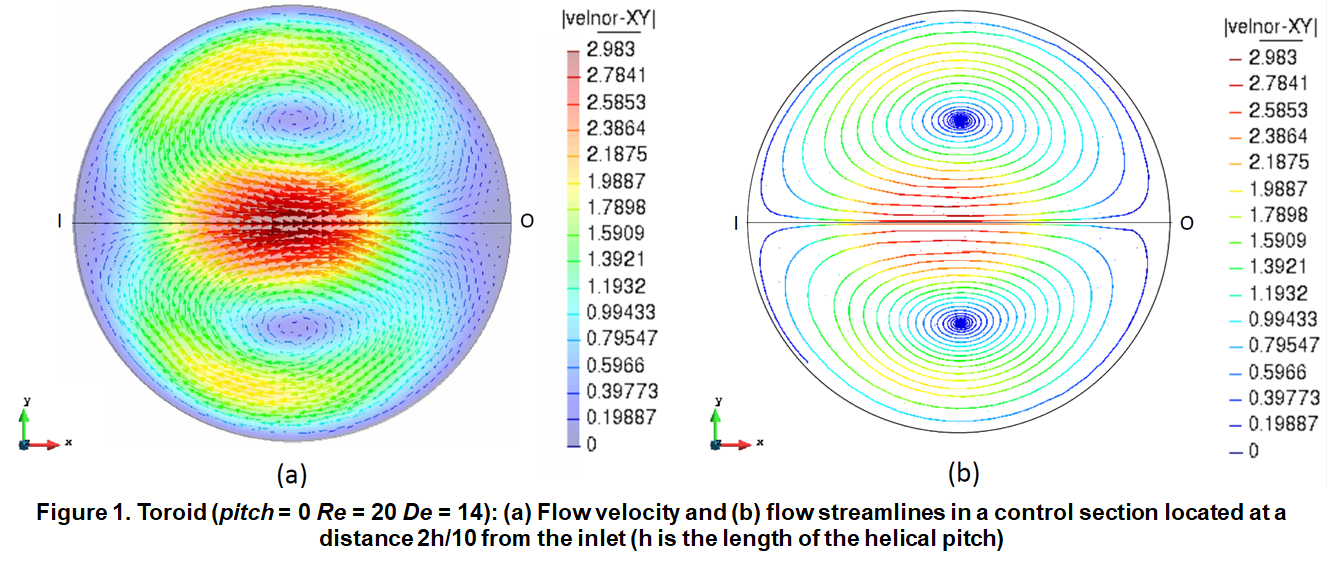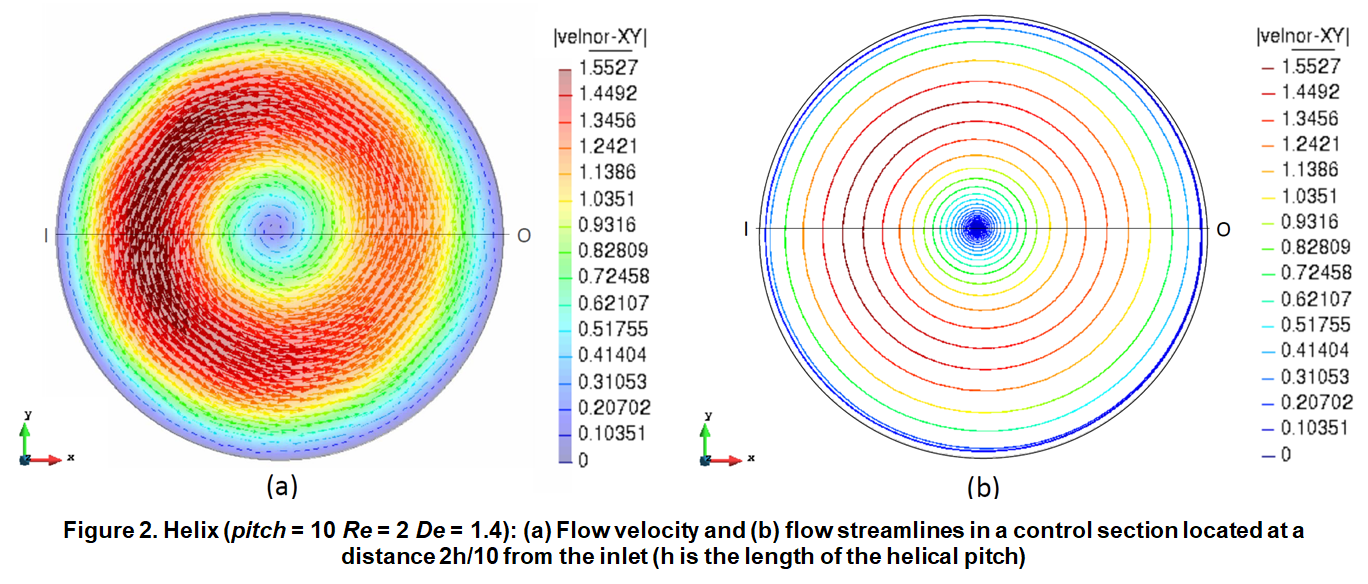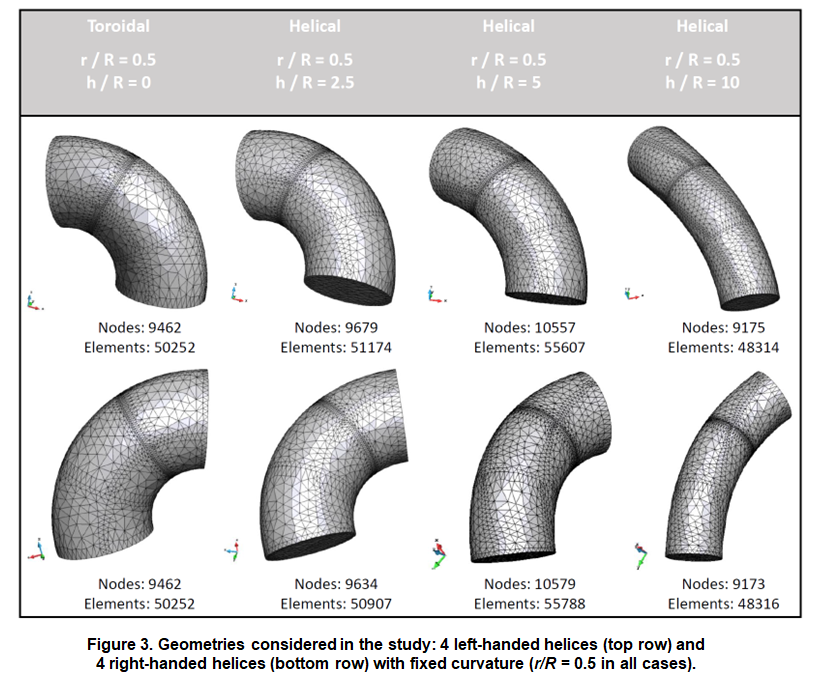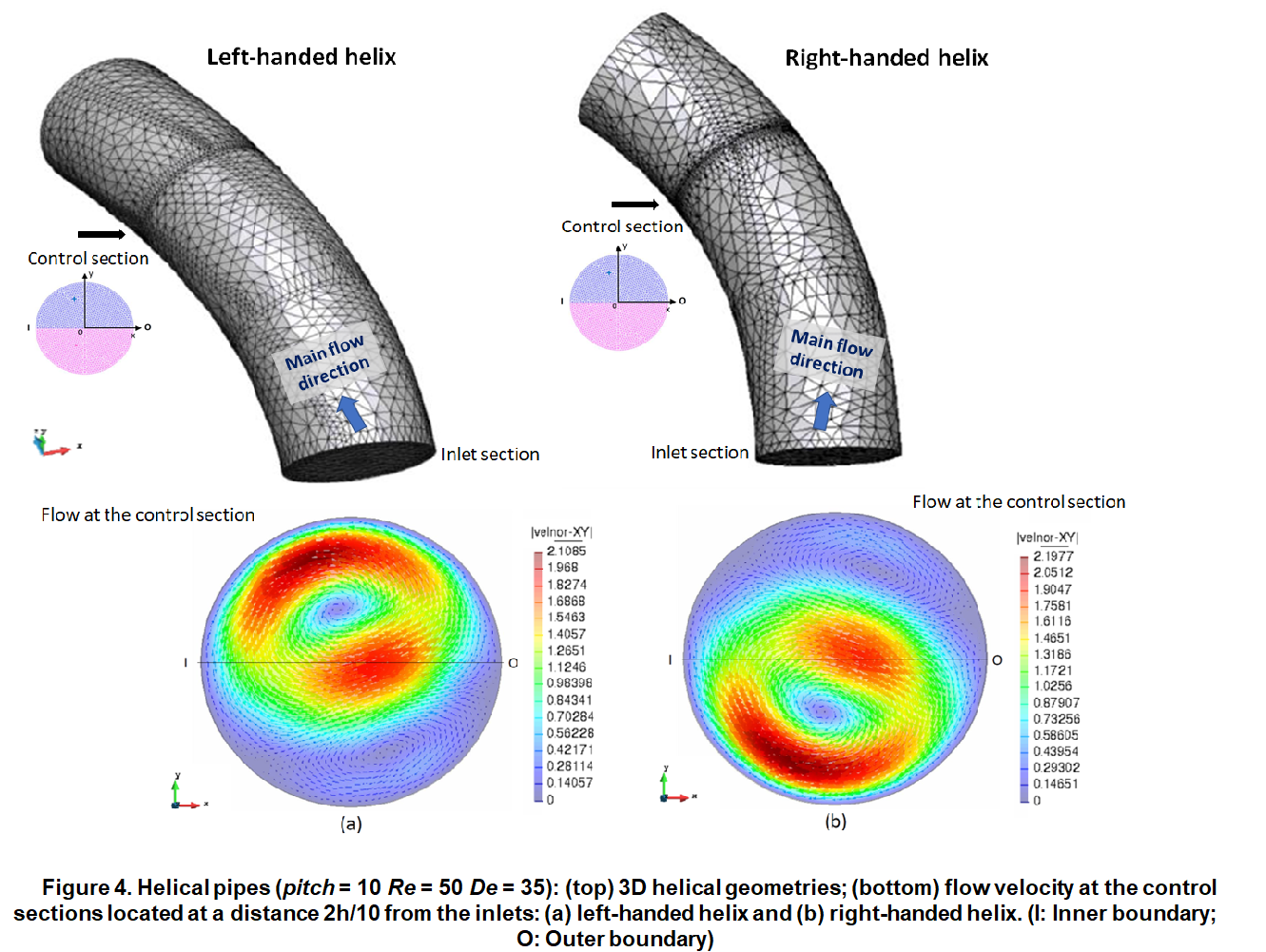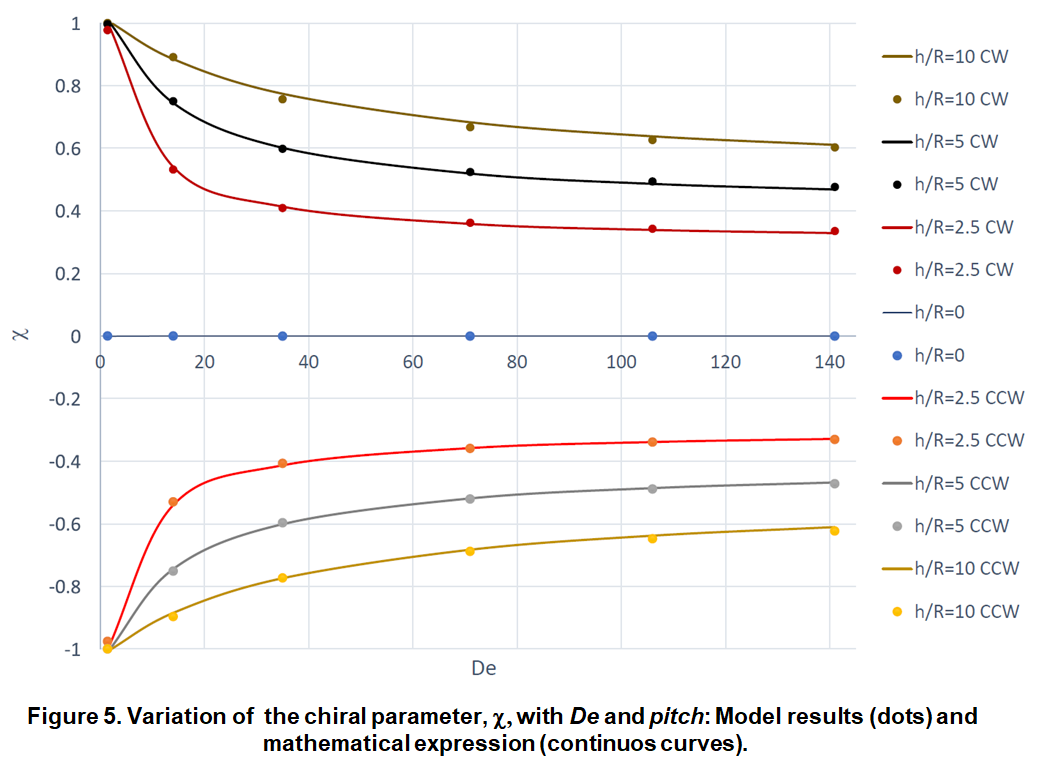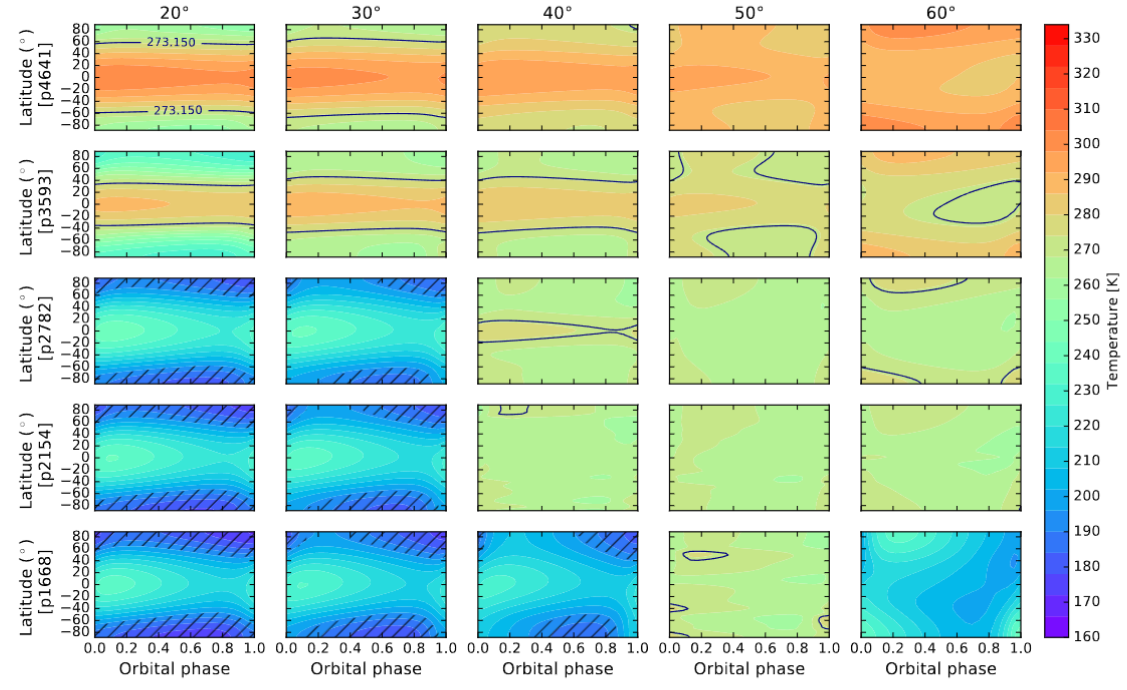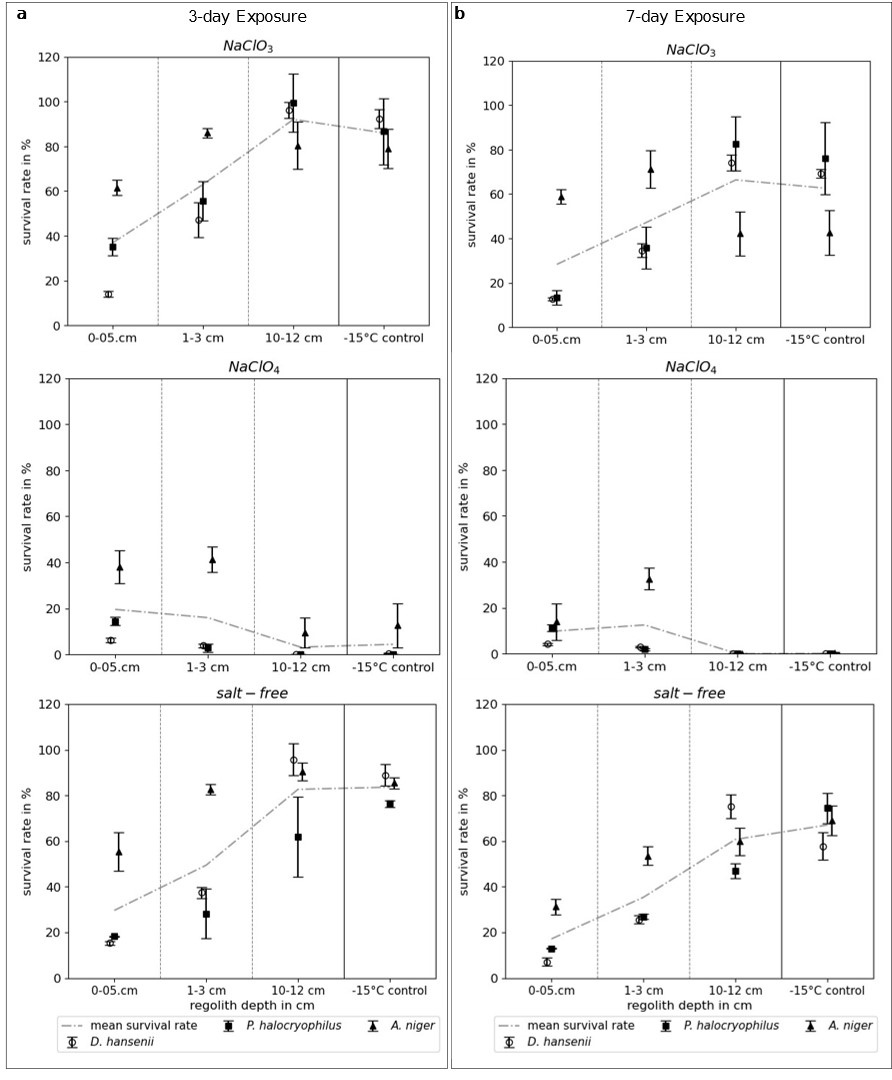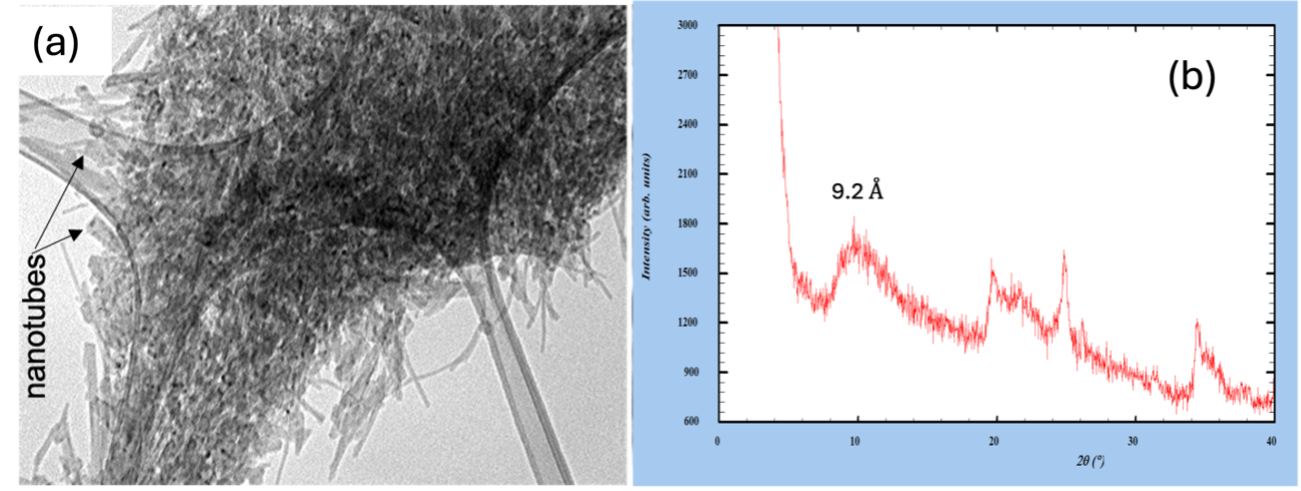EXOA4
Astrobiology and Origins
Co-organized by TP
Understanding how the planetary environment has influenced the evolution of life and how biological processes have changed the environment is an essential part of any study of the origin and search for signs of life. A central issue in the research on the emergence of life is the paradoxical role of water in pre-biotic chemistry. In fact,on the one hand, water is essential for all known life, on the other hand it is highly destructive for key biomolecules such as nucleic and polypeptides. Earth analogues experiments/instruments test and/or simulation campaigns and limits of life studies are included as well as one of the main topics of this session.
Major Space Agencies identified planetary habitability and the search for evidence of life as a key component of their scientific missions in the next two decades. The development of instrumentation and technology to support the search for complex organic molecules/sings of life/biosignatures and the endurance of life in space environments is critical to define unambiguous approaches to life detection over a broad range of planetary environments. A truly interdisciplinary approach is needed to delve into the core of the issue of emergence of life, because in addition to physics and chemistry it is also need to deploy a number of other sciences. We rely on contribution coming from mathematical or philosophical perspectives not only on astrobiology moreover we think that a part of the answers may lie in scientists who working on cancer research, genetics, space exploration paleontology who are not necessarily involved in this field.
Session assets
14:30–14:40
|
EPSC2024-152
|
ECP
|
Virtual presentation
14:40–14:50
|
EPSC2024-200
|
ECP
|
On-site presentation
14:50–15:00
|
EPSC2024-962
|
ECP
|
On-site presentation
15:00–15:10
|
EPSC2024-205
|
On-site presentation
15:10–15:15
Q&A
15:25–15:35
|
EPSC2024-776
|
ECP
|
On-site presentation
15:35–15:45
|
EPSC2024-935
|
ECP
|
On-site presentation
15:45–15:55
|
EPSC2024-457
|
On-site presentation
Q&A 5 min
I18
|
EPSC2024-1378
|
ECP
|
Virtual presentation
I19
|
EPSC2024-1150
|
ECP
|
On-site presentation
Survival of microorganisms in Europa-relevant brines and conditions
(withdrawn after no-show)
I20
|
EPSC2024-662
|
ECP
|
On-site presentation
I21
|
EPSC2024-469
|
ECP
|
On-site presentation
I22
|
EPSC2024-1140
|
ECP
|
On-site presentation
Interaction of microbial biomass with cryogenic mineral phases during freezing of Europa-relevant brines
(withdrawn after no-show)
I23
|
EPSC2024-68
|
Virtual presentation
I24
|
EPSC2024-12
|
ECP
|
On-site presentation
